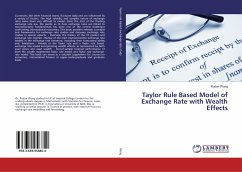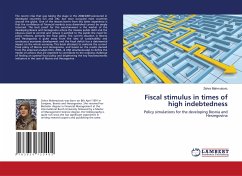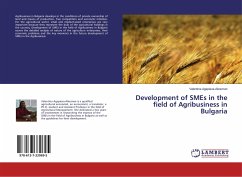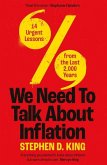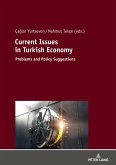The aim of this research is to find out what course of action normative economics would have suggested Bulgarian decisionmakers to take to curb inflation in the late 1990s. In order to do so, it uses the so-called Taylor rule, a policy criterium that prescribes the base rate that would close the existing output gap and target desired inflation rates. For his structural peculiarities and small, open economy, Bulgaria makes up for a very interesting case study in trying to show the lack of any teleology in the socio-political transformation of former-socialist countries in free-market democracies. The comparison between actual rates and normative recommendations allows highlight the scarce applicability of mainstream economic theories to post-socialist economies.
Bitte wählen Sie Ihr Anliegen aus.
Rechnungen
Retourenschein anfordern
Bestellstatus
Storno


